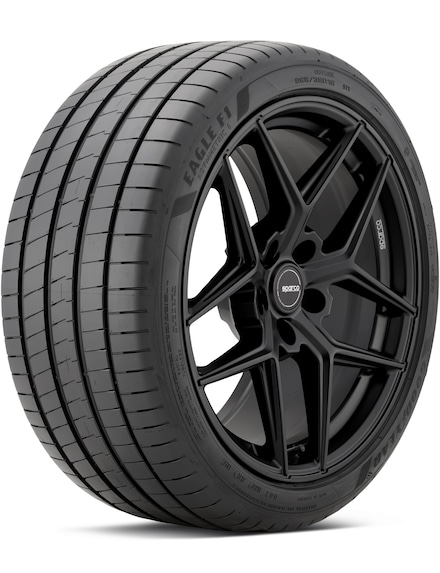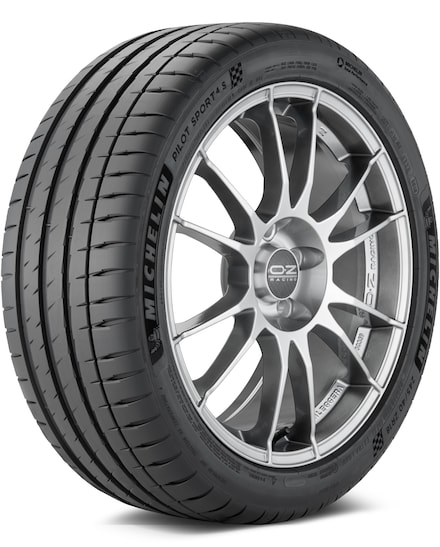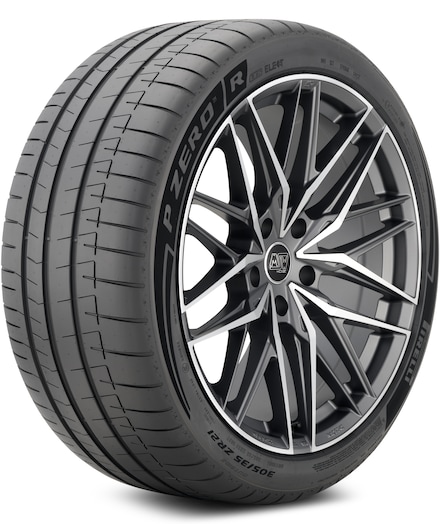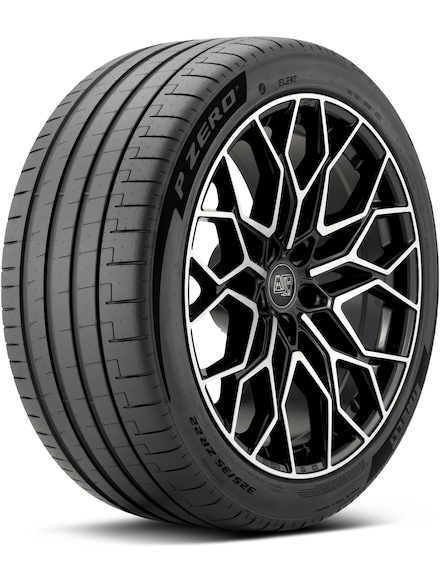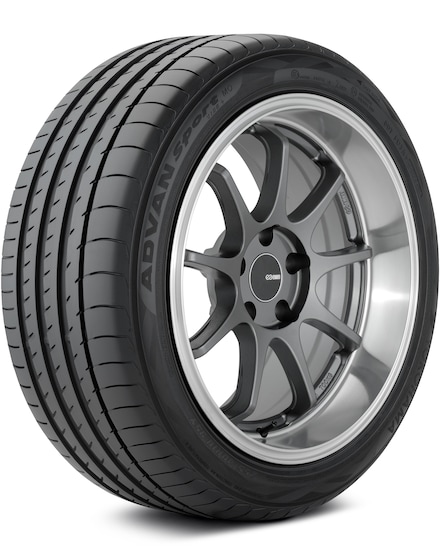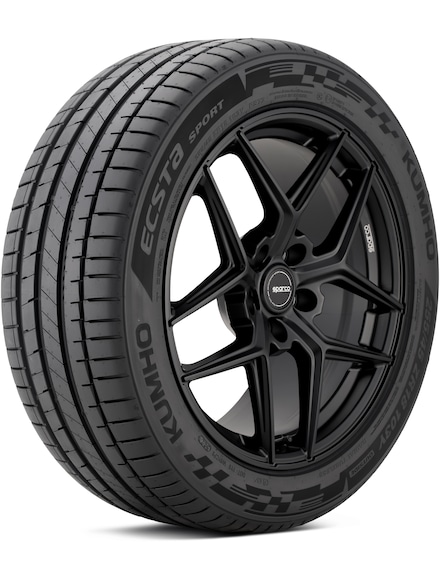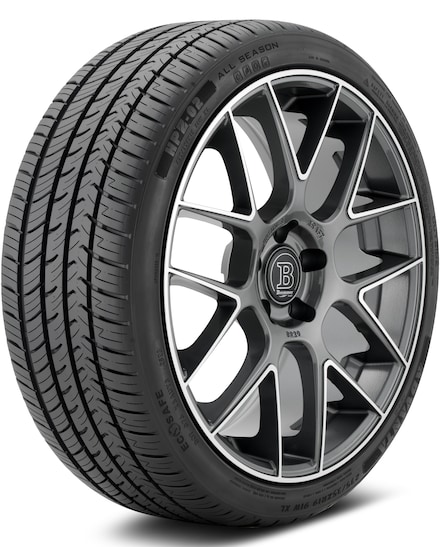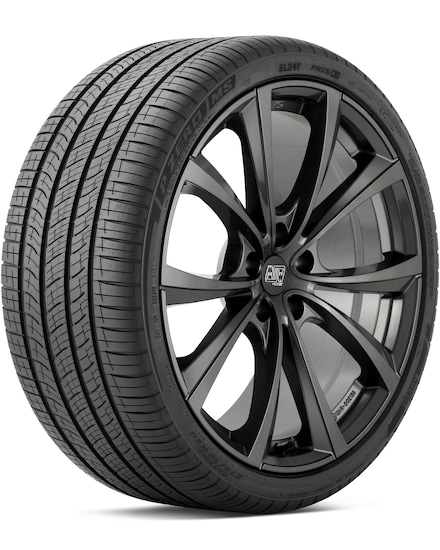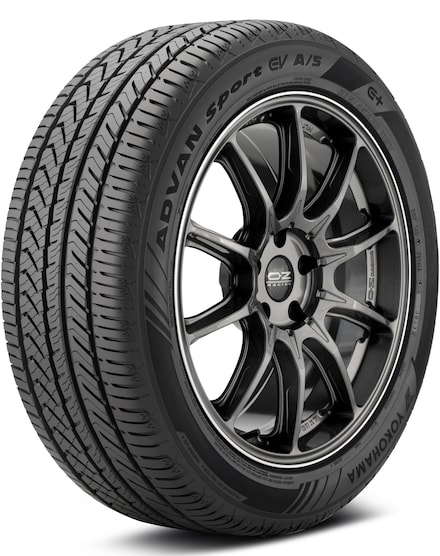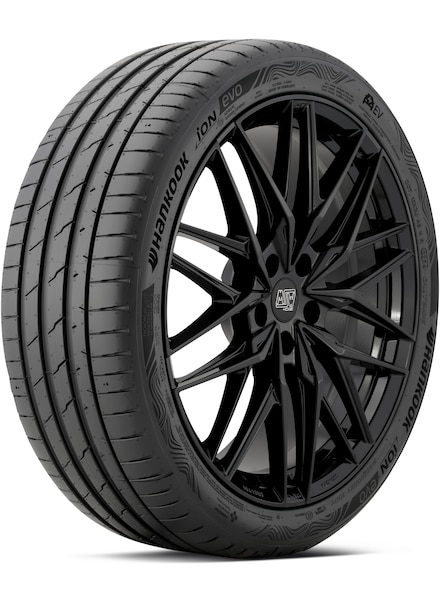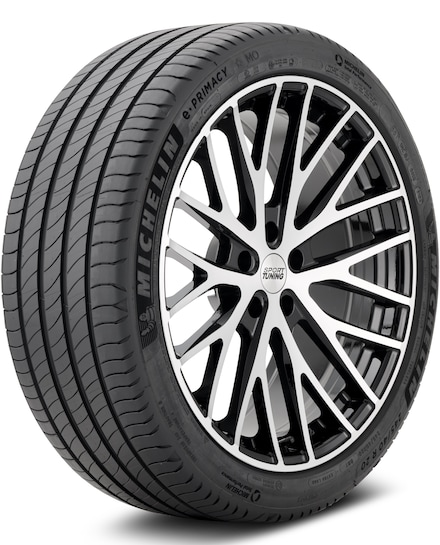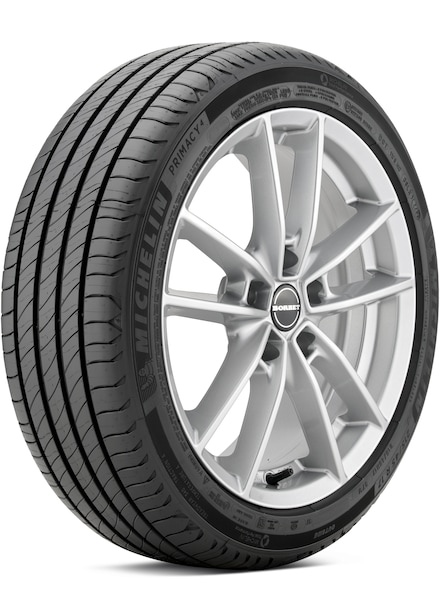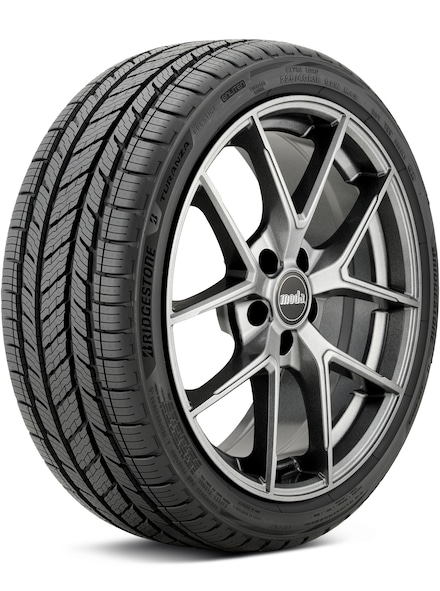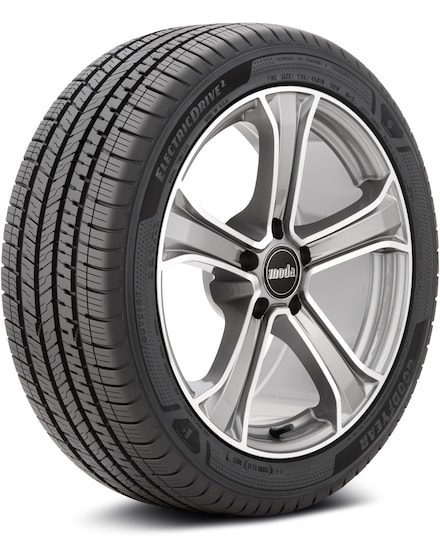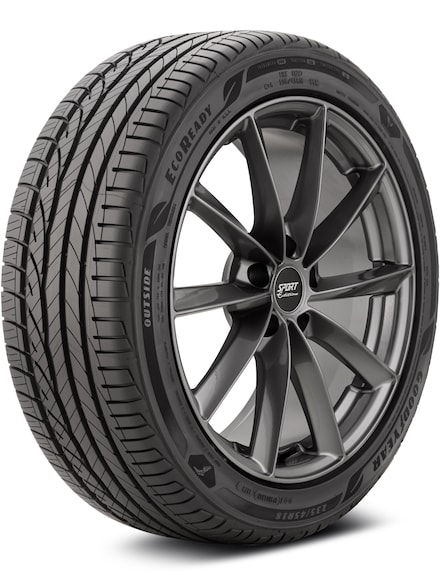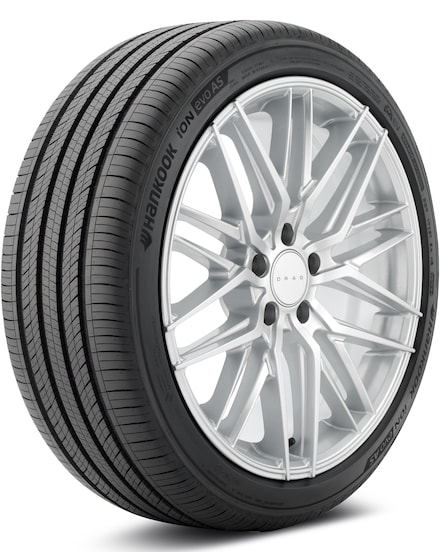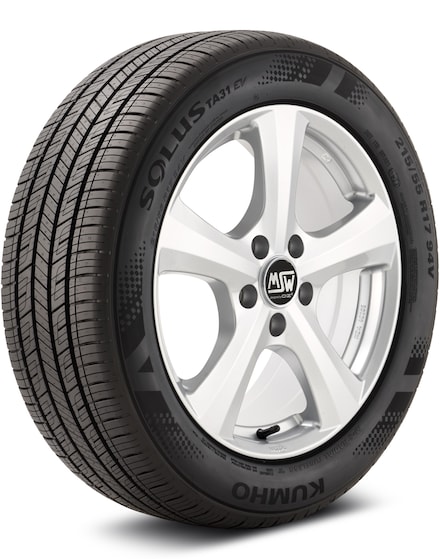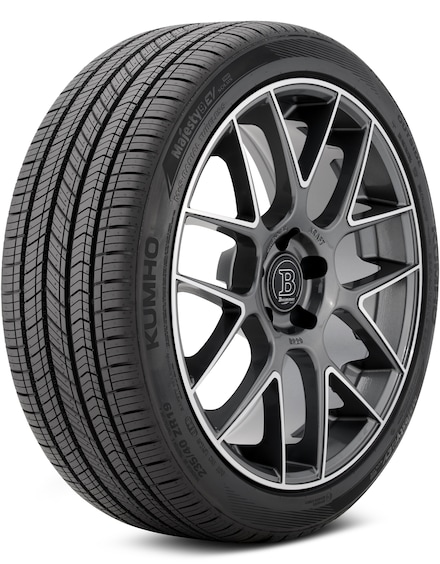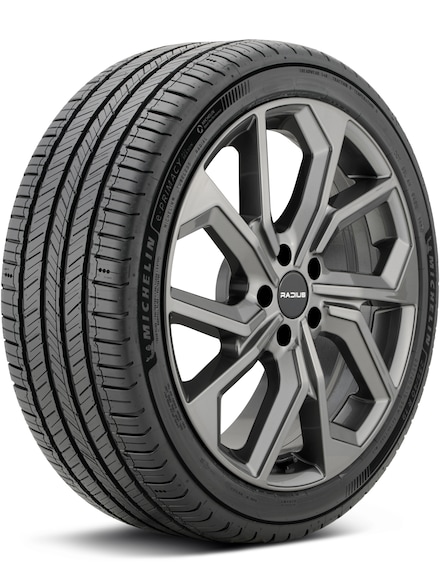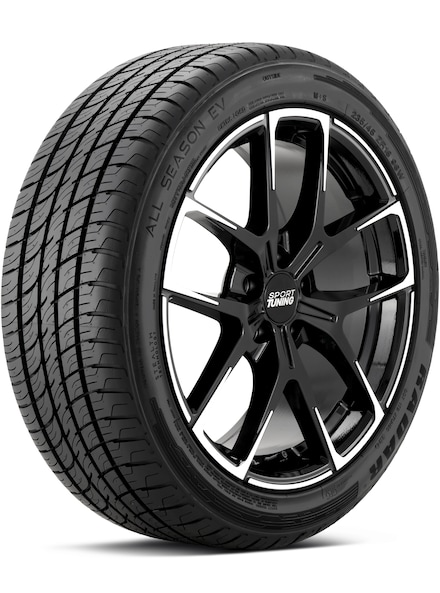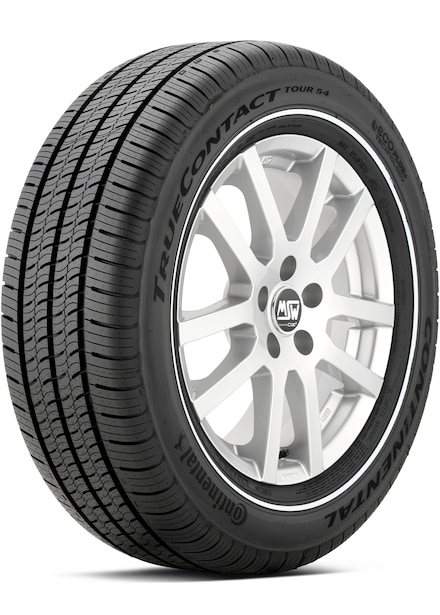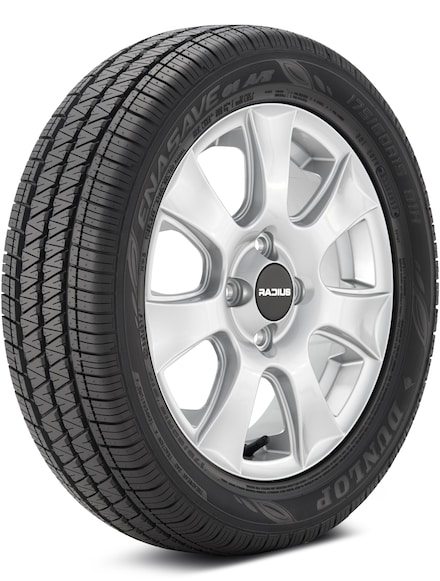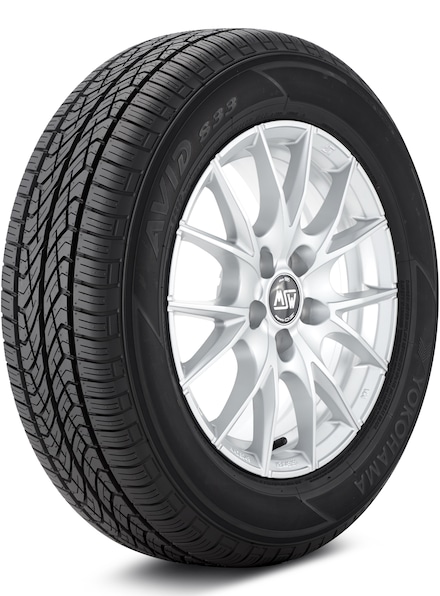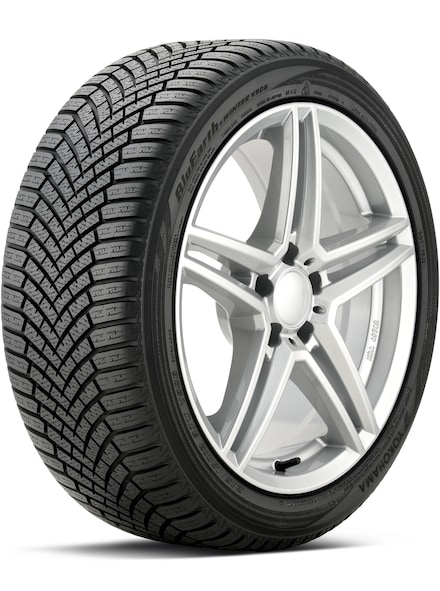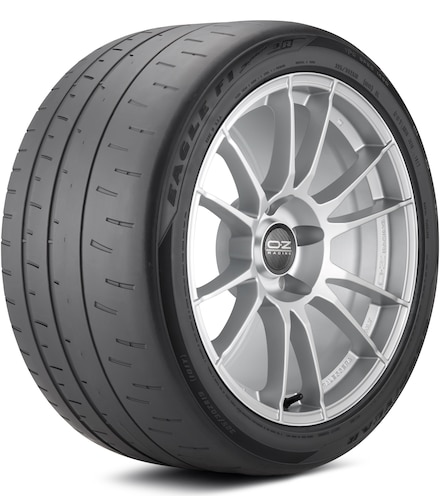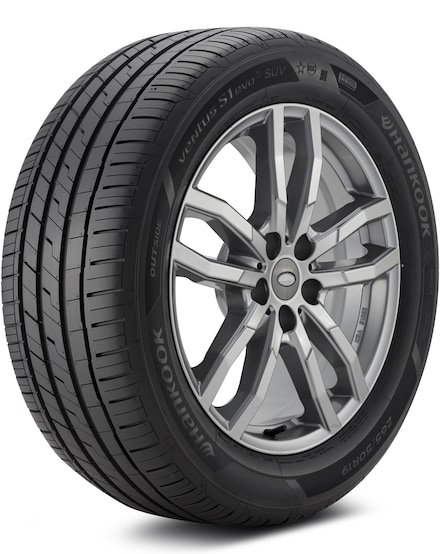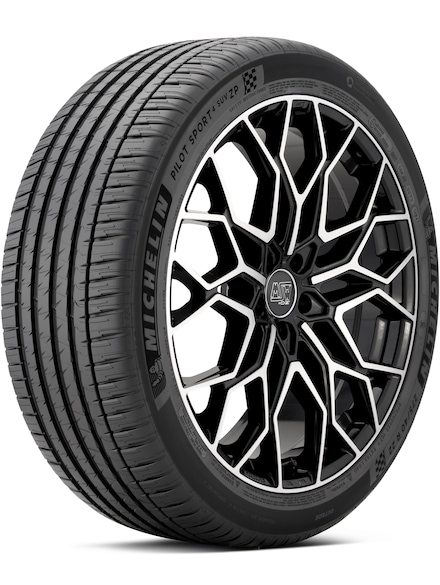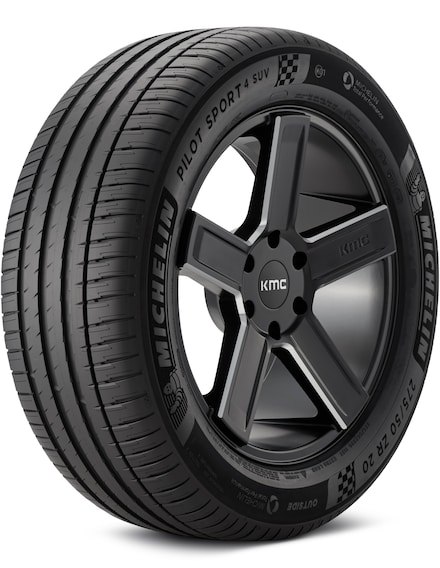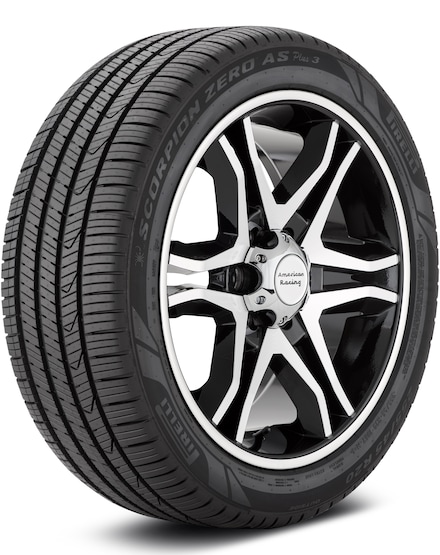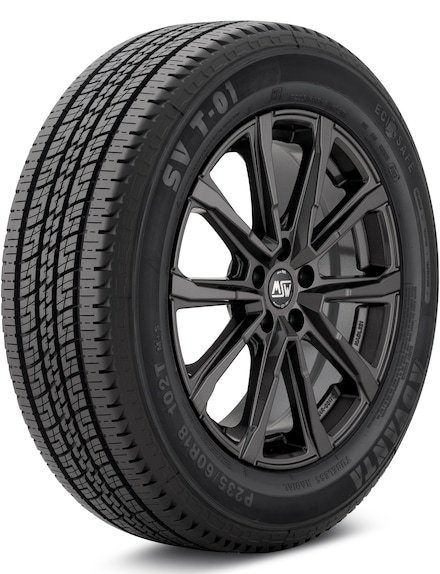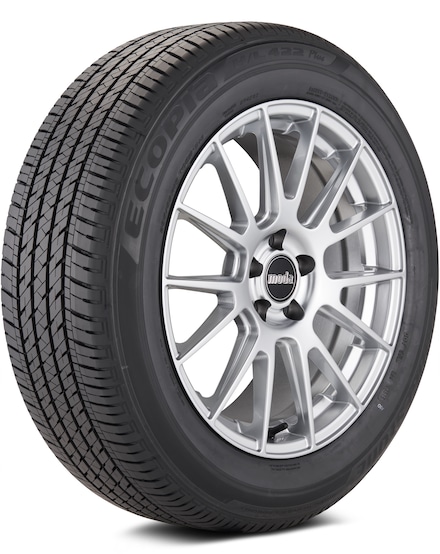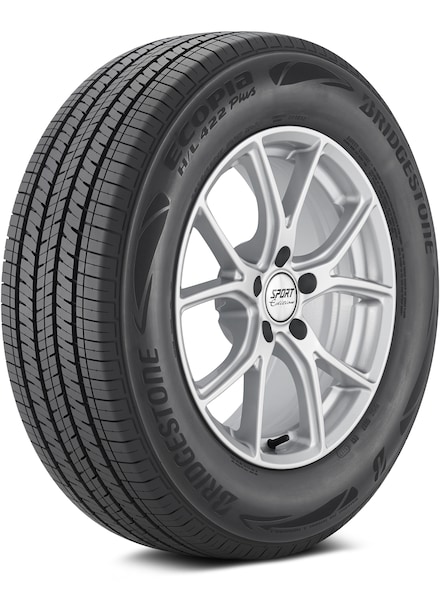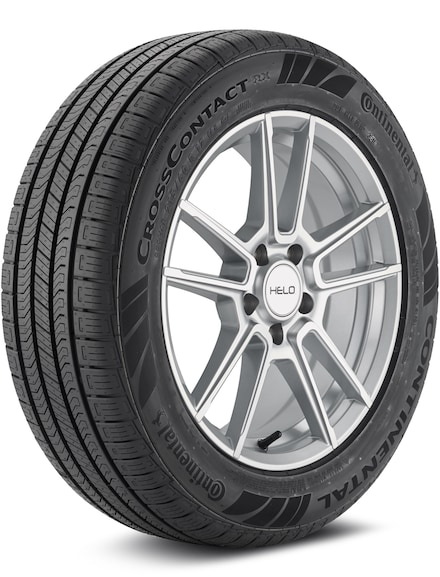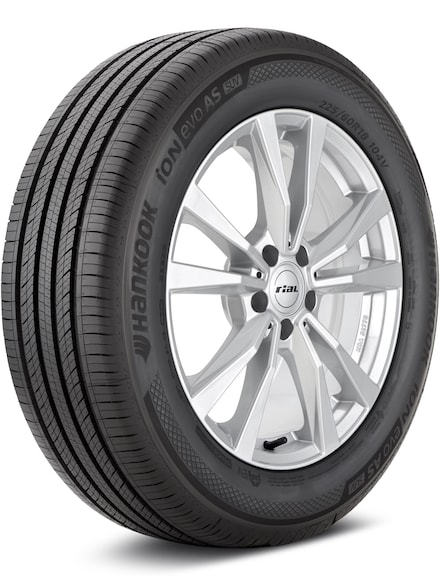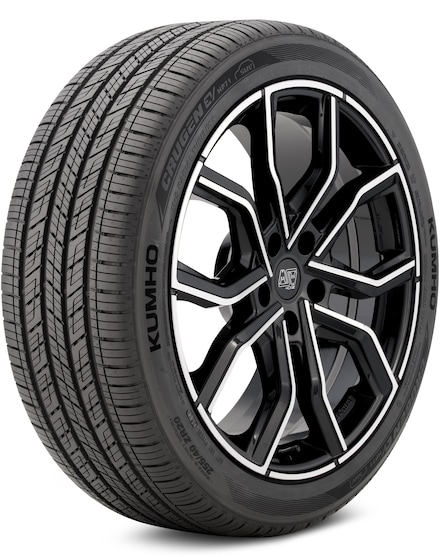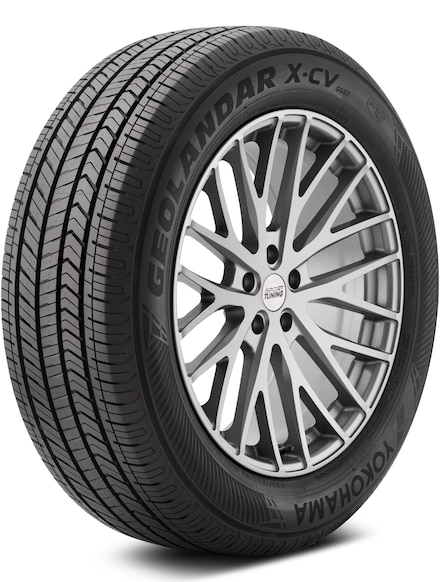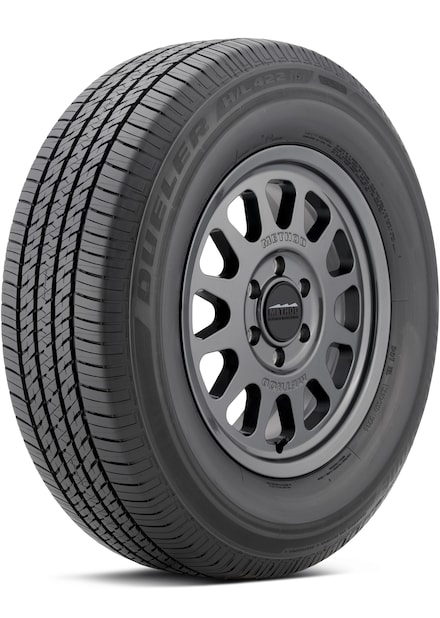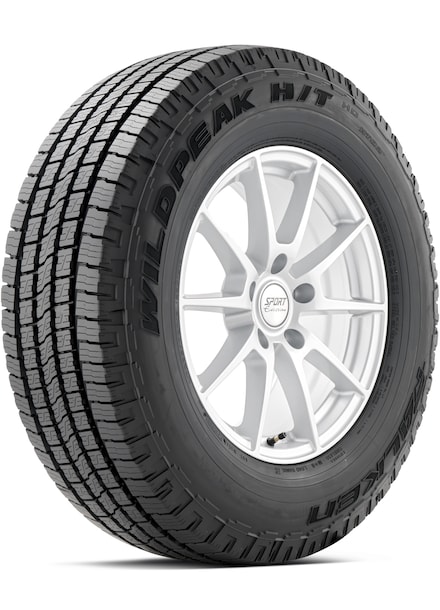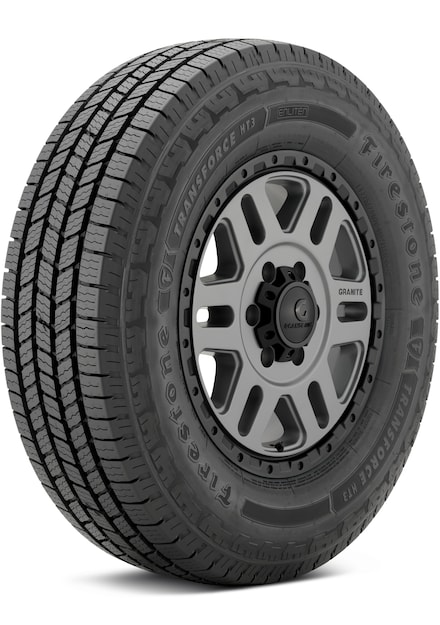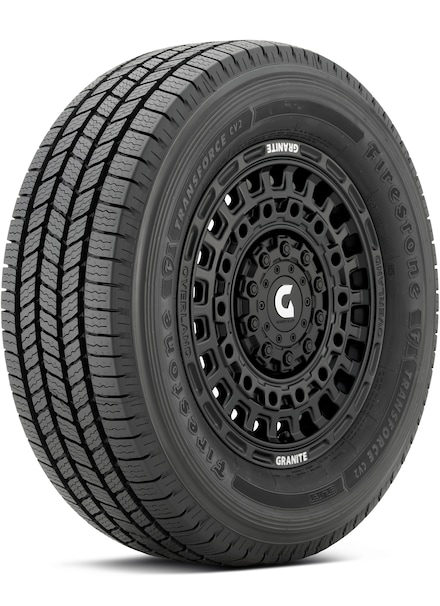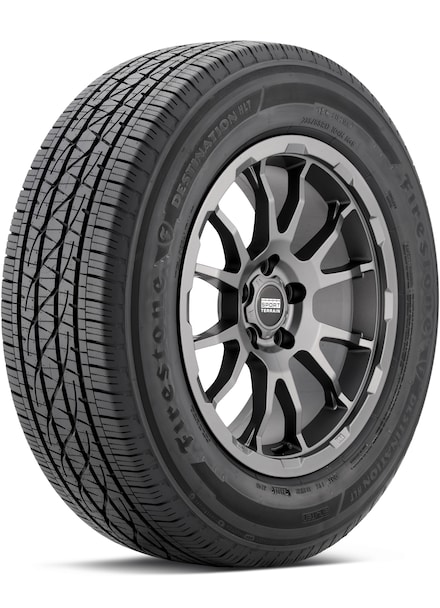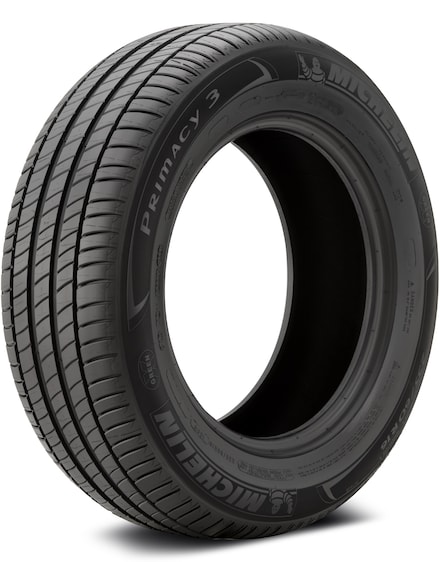
Our Real World Road Ride over a variety of road surfaces and driving speeds provides an excellent opportunity to measure fuel consumption in a real-world environment similar to what typical drivers would experience during day-to-day driving.
Beginning in 2010, this data is contained in all of our comparison test results. However, test results featuring eco-friendly tire lines are listed below.
What is Low Rolling Resistance?
Over the past few years auto manufacturers have placed more emphasis on fuel economy due to both rising CAFE standards and consumer demand brought on by high fuel prices. In their quest for increasing gas mileage, auto manufacturers have worked with tire manufacturers to develop more low rolling resistance tires. While they're used most frequently on hybrid cars, low rolling resistance tires are now being used on more mainstream vehicles as well.
Are there trade-offs involved with low rolling resistance tires? Manufacturers find the improvements in increased fuel economy in the lower rolling resistance tires through different methods. Internal friction is one of the primary areas for improvements, which can lead to improved gas mileage without much trade-off, but the tread compound can also be changed for less rolling resistance which could involve a trade-off in grip under braking and cornering. Is it worth the difference? That depends on how you balance fuel economy vs. performance and/or safety.
Will you see an immediate measurable impact on your fuel economy with a new set of tires? Not necessarily, for a couple of reasons.
1. New, Full-Treaded Tires Generate More Rolling Resistance Than Shallow-Treaded, Worn Tires
Tire rolling resistance gradually drops by about 20% during the life of a tire as the tread wears from its original molded depth to worn out. This can be attributed to the reduction in tread mass and rubber squirm, as well as subtle hardening of the tread compound during years of service and exposure to the elements.
While this gradual reduction in tire rolling resistance and minor increase in fuel economy may be too subtle to register during the tire's life on a tank-by-tank basis, the virtually instantaneous switch from worn tires to new tires (even if they are the same brand, type and size) will typically result in an increase in rolling resistance of about 20%. Since the automotive industry estimates a 10% increase in tire rolling resistance will result in a 1% to 2% decrease in vehicle fuel economy, drivers should expect to experience a potential 2% to 4% decrease in mpg.
2. New, Full-Treaded Tires Travel Farther per Tire Revolution Than Shallow-Treaded, Worn Tires
Vehicles are programmed with their Original Equipment (O.E.) tire's revolutions-per-mile to allow their odometers to calculate the distances traveled. Unfortunately vehicle odometers aren't always 100% accurate and the tire revolutions per mile will change as its tread wears.
While many of these individual differences may seem insignificant, it is easy to understand that when they are added together, the new tires may appear to reduce vehicle fuel economy. It also means that a Toyota Prius appearing to get 50.0 mpg just before replacing its worn-out tires with new tires of the same brand, type and size, might be reduced to registering just 47.25 mpg afterwards, even if all of the driving conditions were identical.
Remember, "your mileage may vary."
How can you easily reduce your vehicle's rolling resistance without using low rolling resistance tires? Many drivers could make significant gains in reducing their vehicle's rolling resistance by paying more attention to keeping their tires properly inflated to the auto manufacturers' recommendations. So even if you decide not to go with low rolling resistance tires, remember to check your tire pressure on a regular basis.
Additional Tech Center Articles
Rolling Resistance




